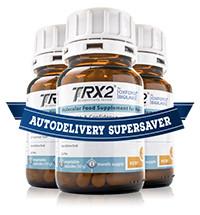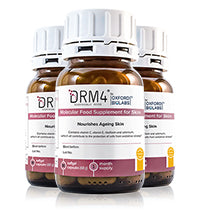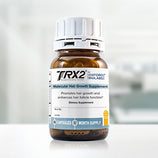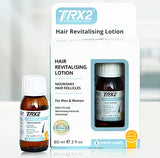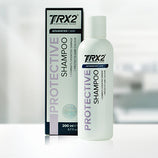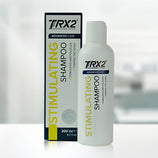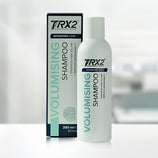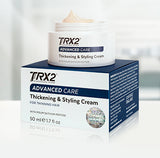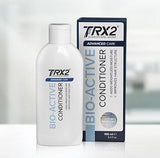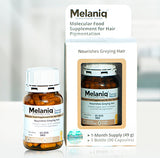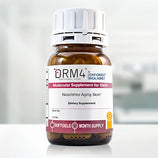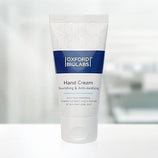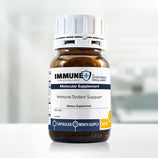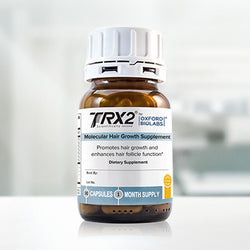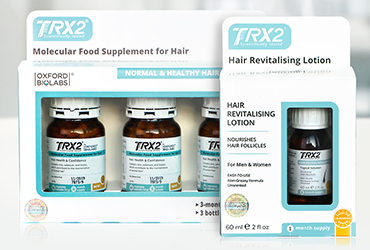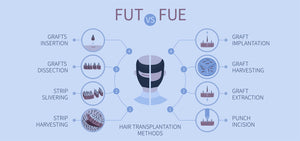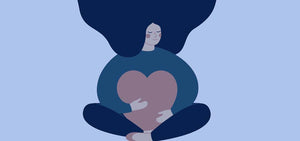First discovered by German chemist Friedrich Ferdinand Runge in 1819, caffeine is a bitter, white crystalline substance that belongs to the xanthine alkaloid group of chemical compounds. Caffeine is known to stimulate the central nervous system, reduce fatigue and increase alertness (hence the necessity of morning coffee). It is the world’s most widely used psychoactive stimulant and is found in soda, coffee, chocolate, tea, and energy drinks.
Caffeine has been proven to have positive effects on hair growth in several clinical studies. Most notably, research conducted in 2005 by the German cosmetics company, Alpecin, found that caffeine was effective in reducing the effect of DHT on miniaturized hair follicles. Researchers further concluded that caffeine helped regulate the effects of testosterone within the body. These results were documented in the International Journal of Dermatology and received significant media attention (see links below).
While studies like these are interesting, they indicate that the amount of caffeine necessary to have any significant effect on hair growth would be far more than could safely be tolerated – this disproves the notion that routine caffeine consumption can treat baldness. Instead, a highly-concentrated topical formulation of caffeine would be the most efficient method of delivery. Still, there remains a lot of further research that needs be done before any caffeine-based treatments could possibly be commercialised.
Overall, while a diet that contains a healthy amount of caffeine might help hair growth, it could also increase stress, restlessness, and anxiety, negating any positive effects.
Resources:
http://www.cosmeticsdesign.com/Formulation-Science/Study-claims-caffeine-slows-baldness
http://www.dailymail.co.uk/health/article-430669/Coffee-hold-cure-baldness.html
http://www.nlm.nih.gov/medlineplus/caffeine.html#cat2
http://en.wikipedia.org/wiki/Caffeine
http://en.wikipedia.org/wiki/Baldness_treatments
http://supportanalytics.com/blog/2007/11/caffeine-data-visualization/
